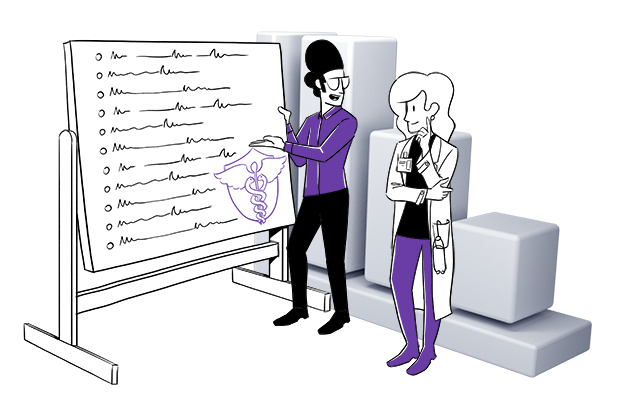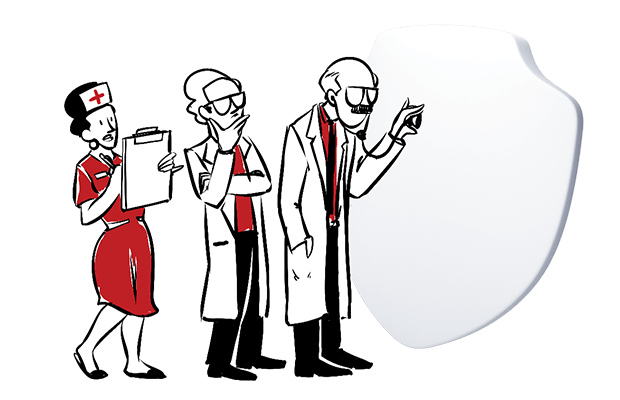SDK, software development kit, is a toolset for helping software developers create applications for a specific device, operating system, such as Android, iOS, or cross-platform frameworks, such as Flutter or React Native.
SDK, also known as a devkit, usually includes:
- Documentation
- Code libraries
- Code samples
- Guides for developers
- Tools
SDKs often work directly with Application programing interface (API) application programming interfaces (API).
Software developers use SDKs to add new features or functionalities to their applications and to do this faster and in a standardized manner. SDKs allow developers to create and maintain applications without writing unique code from scratch every time something changes.
SDK’s use cases:
- Analytics SDKs – to provide you with data on user behaviors, paths and interactions within your mobile application
- Monetization SDKs – by connecting your app to an ad network SDKs it’s possible to run ads within applications and generate revenue
- Programming language-specific SDKs – support specific programming languages, be it Java, Node, Python, C++, Go, etc. to speed up and make developing programs easier
Read more about applying SDKs for mobile analytics on Piwik PRO blog: Mobile analytics: A complete guide to optimizing the user journey inside your app.
Or watch the recording of our webinar to get more details the role of SDKs in mobile app analytics.










